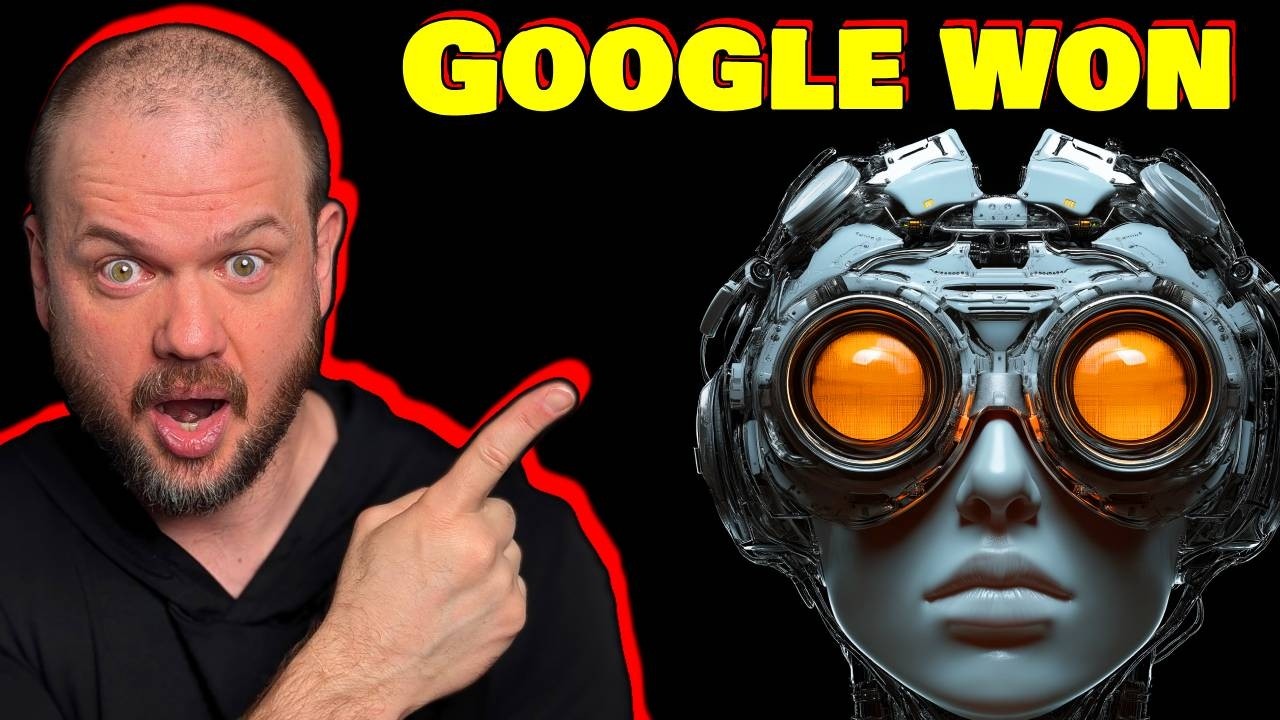The video highlights Google’s recent advancements in AI, particularly the VO2 video generation model and the Imagine 3 text-to-image model, which outperform competitors like OpenAI and Meta in quality and detail. Additionally, it discusses Google’s Gemini language model and Project Astra, a universal AI assistant, showcasing the company’s strong comeback in the AI landscape.
In a recent video, the speaker discusses Google’s significant advancements in artificial intelligence, asserting that the company has reclaimed its position as the leader in the AI space. The focus is on several groundbreaking releases, particularly the VO2 video generation model, which is capable of producing high-quality 4K videos that outperform competitors like OpenAI’s Sora and Meta’s MovieGen. The speaker highlights VO2’s exceptional physics understanding and its ability to follow detailed prompts, showcasing its superiority in video generation.
Additionally, Google introduced Imagine 3, a state-of-the-art text-to-image model that generates highly detailed and realistic images. The speaker emphasizes that Imagine 3 surpasses previous models, including MidJourney and Stable Diffusion, in terms of quality and detail. The model’s capabilities are illustrated through a vivid example of a foggy 1940s train station scene, demonstrating its ability to create lifelike imagery that resonates with artistic themes.
The video also touches on Google’s advancements in large language models (LLMs), revealing that Gemini, Google’s latest model, has outperformed OpenAI’s GPT-4 in recent rankings. The speaker notes that Gemini 2.0 is making strides in the chatbot arena, indicating a shift in the competitive landscape of AI. This development suggests that Google is not only excelling in visual AI but is also making significant progress in language processing.
Moreover, the speaker discusses Project Astra, an initiative aimed at creating a universal AI assistant capable of real-time translation, navigation, and personalized assistance. This assistant will leverage memory to refine its responses based on past interactions, making it a versatile tool for users. The potential applications of this technology are vast, ranging from cooking assistance to tutoring, showcasing Google’s ambition to integrate AI into everyday life.
Finally, the video highlights other innovative projects, such as Project Mariner, which allows AI agents to browse the web and perform tasks on behalf of users, and Deep Research, which helps users explore complex topics through multi-step research plans. The speaker concludes by asserting that Google has made a remarkable comeback in the AI competition, driven by its extensive resources, data access, and innovative technologies, leaving viewers eager for future developments.
